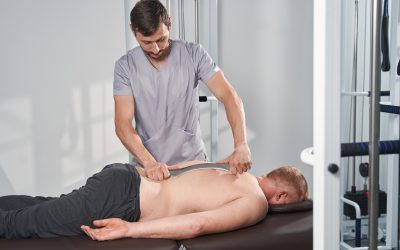A baby dentist or pediatric dentist has two or three year’s additional education after dental school to receive special training for treatment of infants, children and adolescents. Adults are more able to take care of their own dental hygiene and their problems are very different from infants and teens. Children and infants have unique needs as their teeth and jaws grow. Some may need orthodontic treatment to correct conditions like malocclusion, under bite, overbite and many other congenital defects as they grow. A baby dentist is also trained to deal with conditions like thumb sucking, baby bottle decay and bruxism. With improper development of teeth, the child may face difficulties in chewing food and also with his or her speech. Baby dentist will examine x-rays and use other diagnostic tools to determine whether the child will need orthodontic treatment later. The earlier this is diagnosed the more effective treatment can be expected.
In addition to the treatment of normal, healthy children a baby dentist is also trained to meet the challenges of special needs children. As mentally and physically challenged children will often exhibit different behaviors from normal children, they require more sensitive treatment and only a trained expert could be expected to take care of them. Physically and mentally challenged children face developmental problems and are prone to dental disease and other issues. Dental care for special needs children is very critical.
Diet plays an important role in maintaining healthy teeth and gums. Children should avoid sweets and sugary snacks and sodas. Encourage your child to eat healthy foods, fruit, vegetables and high calcium foods, like low-fat milk, yoghurt and other dairy products.
The first visits to the baby dentist will detect any aberrations in development, help remedy bad habits, help in maintaining proper oral health and also provide treatment as needed. Parents are instructed on preventive home care that would include brushing and flossing techniques for their child and the use of fluoride. Fluoride is a chemical that has shown to dramatically reduce a person’s chances of developing cavities. A common source of fluoride is drinking water (tap water). If the child does not receive recommended levels of fluoride, the baby dentist might recommend supplements. Baby’s teeth should be cleaned with a soft clean cloth or baby’s toothbrush. Young children should brush twice daily with soft bristled toothbrush and a small pea sized quantity of fluoride toothpaste. For best preventive care, you should schedule regular dental checkups with your baby dentist. Sarasota residents can consult pediatric specialists for all concerns regarding their children’s teeth.



